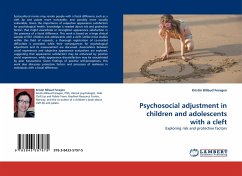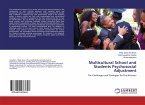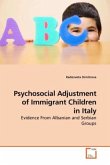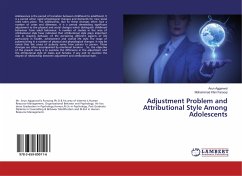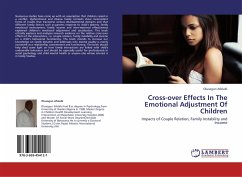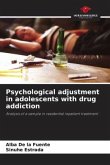Sociocultural norms may render people with a facial difference such as a cleft lip and palate more noticeable, and possibly more socially vulnerable. Given the importance of subjective appearance satisfaction for psychological health, knowledge is needed about risk and protective factors that might exacerbate or strengthen appearance satisfaction in the presence of a facial difference. This work is based on a large clinical sample of 661 children and adolescents with a cleft. Unlike most studies within this field of research, a thorough registration of co-morbid difficulties is provided, while their consequences for psychological adjustment and its measurement are discussed. Associations between social experiences and subjective appearance evaluations are explored, suggesting that appearance satisfaction may be enhanced by positive social experiences, while appearance dissatisfaction may be exacerbated by peer harassment. Given findings of positive self-perceptions, this work also discusses protective factors and processes of resilience in individuals with a facial difference.
Bitte wählen Sie Ihr Anliegen aus.
Rechnungen
Retourenschein anfordern
Bestellstatus
Storno

